Maintenance Tips for Your Backyard and Driveway Pavers: Keep Your Outdoor Spaces Looking Fresh All Year
Simple Maintenance Tips to Extend the Life and Beauty of Your Paver Driveway and Backyard Patio
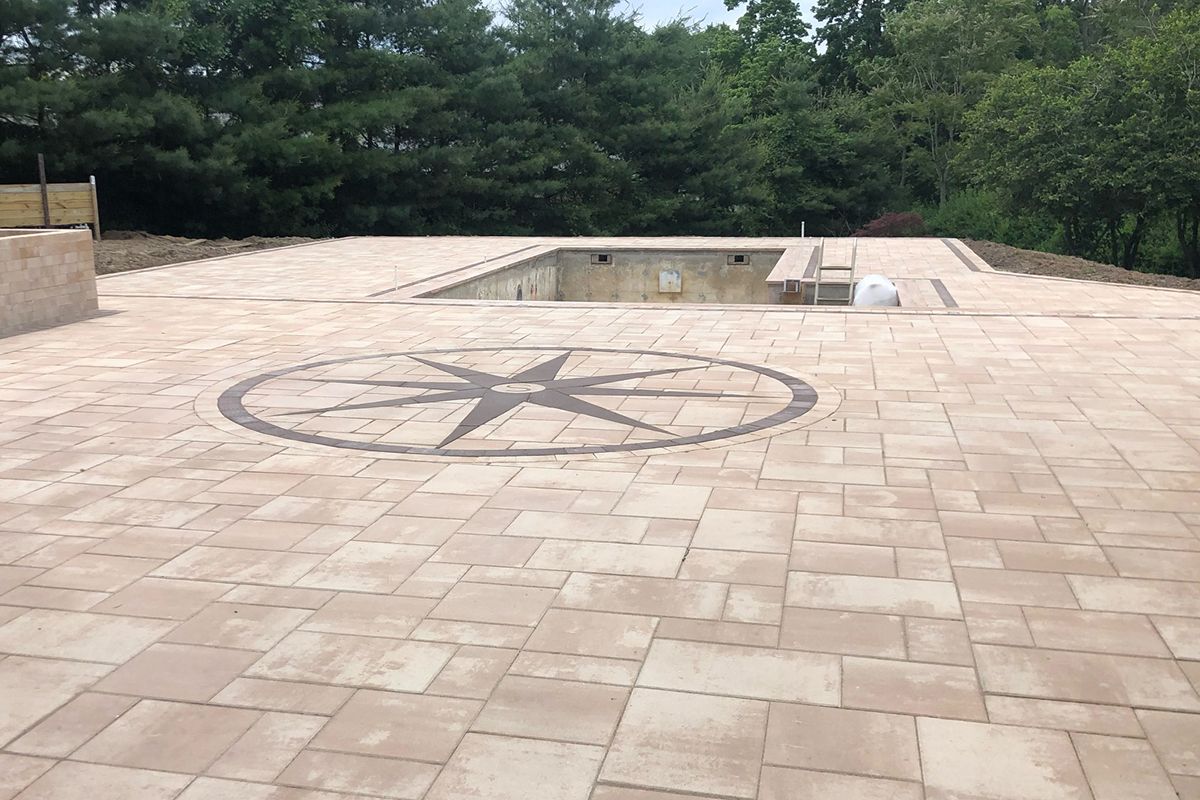
Investing in high-quality pavers for your backyard patio, driveway, or commercial property can add significant value to your property, improve curb appeal, and enhance outdoor functionality. However, like any outdoor feature, pavers require regular maintenance to keep them looking new and structurally sound. The following guide will help you protect your investment and ensure your pavers last for many years.
1. Why Sealing Your Pavers Is Essential
Sealing is one of the most effective ways to maintain both the appearance and durability of your pavers. By applying a sealant, you create a protective barrier against stains, moisture, and the general wear-and-tear that weather brings. For anyone wondering, “How to seal driveway pavers before winter,” sealing is best done during the warmer months to allow the sealant to cure fully.
Sealing Tips:
- Timing: Apply sealant once every two to three years or when you notice fading.
- Products: Choose a high-quality sealant designed for outdoor pavers. An eco-friendly sealant can also reduce your environmental impact, especially if you’re using eco-friendly backyard pavers for fall.
- Preparation: Clean the pavers thoroughly before applying the sealant. This ensures any dirt, moss, or grease won’t get trapped underneath.
- Application: If you’re DIY-savvy, you can apply sealant yourself, but professional sealing can be a worthwhile investment for a more durable finish.
2. Regular Cleaning to Maintain Curb Appeal
Regular cleaning keeps your pavers free from grime, moss, and other debris that can accumulate over time. While pavers are designed to be low-maintenance, regular sweeping and the occasional power wash will go a long way toward preserving their appearance.
Cleaning Tips for Different Paver Types
- Backyard Pavers: For patios, use a gentle cleaner suitable for the material. A low-pressure wash every few months can keep your backyard looking fresh, so you’re always ready for those September BBQs.
- Driveway Pavers: Driveways typically see more vehicle traffic, which can cause oil and dirt buildup. A degreaser may be necessary to lift oil stains, but avoid overly harsh chemicals that can damage the paver surface.
3. Addressing Stains Quickly to Prevent Long-Term Damage
Stains from food, beverages, and other outdoor debris are inevitable but addressing them promptly will help keep your pavers in prime condition. Stains allowed to sit too long can become permanent, so quick action is key.
Tips to Remove Common Stains
- Grease or Oil: Use a degreaser formulated for outdoor surfaces. For persistent oil stains, you may need to apply the degreaser and scrub gently.
- Food and Beverage Spills: A mix of warm water and mild detergent will usually work. Rinse thoroughly to prevent a soapy residue from attracting more dirt.
- Rust and Efflorescence: These can appear as white powdery deposits or rusty stains, especially on driveway pavers. Use a specialized paver cleaner for rust, but avoid abrasive cleaners that could etch the surface.
4. Seasonal Maintenance to Protect Against Weather Damage
As the seasons change, so do the stresses placed on your pavers. Cold winters, rainy springs, and sunny summers each come with their own maintenance needs. Here’s a quick breakdown of seasonal tips to keep your driveway pavers and backyard patio in top condition.
Winter Maintenance Tips
For those living in areas with freezing temperatures, winter can be hard on pavers. Regular upkeep will prevent cracking, shifting, and fading during these months.
- Clear Snow Carefully: Use a plastic shovel rather than a metal one, which can scratch the paver surface. Snow blowers with rubber blades are also a good option.
- Avoid Deicing Salts: Salt and chemical deicers can be harsh on paver surfaces, potentially causing erosion. Use sand instead to add traction without damaging the pavers.
Spring and Fall
For areas with heavy rains, spring is a great time to check for any accumulated dirt, moss, or debris, especially in the crevices. In the fall, make sure your pavers are free from fallen leaves, which can stain if they sit too long.
5. Weed and Moss Prevention for a Cleaner Look
Weeds and moss can detract from the beauty of your paver installation. They grow between the joints, and if left unchecked, can create a maintenance hassle.
- Joint Sanding: After initial installation, adding joint sand between pavers will prevent weed seeds from taking root. Periodically re-sanding your pavers also reinforces this barrier.
- Eco-Friendly Weed Control: Consider natural solutions like boiling water or vinegar sprays, especially around backyard patio pavers where you may not want to use chemicals.
6. Repair and Replacement: When Is It Necessary?
Sometimes individual pavers crack, shift, or loosen over time. Rather than replacing the entire installation, damaged pavers can often be swapped out with new ones or repaired. Not only does this save money, but it also keeps your outdoor area looking flawless.
- Minor Cracks: These can sometimes be fixed with paver sealant. Sealants help fill small cracks, preventing them from expanding due to moisture.
- Paver Replacement: For extensive damage, replacing pavers can be the best option, especially in high-traffic areas like driveways.
7. Drainage: A Key Element for Long-Lasting Pavers
Without proper drainage, water can pool and cause erosion or instability, especially in industrial driveway pavers for heavy loads. Ensure that water can run off without pooling in any areas. This helps prevent pavers from shifting or cracking over time.
Drainage Solutions
- Sloping: Proper sloping during installation directs water away from the pavers.
- Pervious Pavers: Consider using pervious pavers for improved drainage in areas prone to pooling. These pavers allow water to pass through, reducing the risk of erosion.
8. DIY vs. Professional Maintenance: When to Call the Experts
While many paver maintenance tasks can be done DIY, certain situations call for professional assistance. If you’re unsure about sealing, repairing, or cleaning specific stains, a professional can ensure the job is done without risking damage to your pavers. In high-use areas like driveways and industrial sites, professional maintenance can help extend the lifespan of your pavers and ensure safety and structural integrity.
Final Thoughts
Regular paver maintenance can feel like a chore, but the effort is well worth it. Following these maintenance tips will help keep your backyard and driveway pavers looking pristine, functional, and safe year-round. Whether you’re gearing up for fall with low-maintenance backyard paver designs or ensuring your driveway is prepared for the winter, investing time in care and upkeep is the best way to protect your investment and enhance your outdoor spaces.

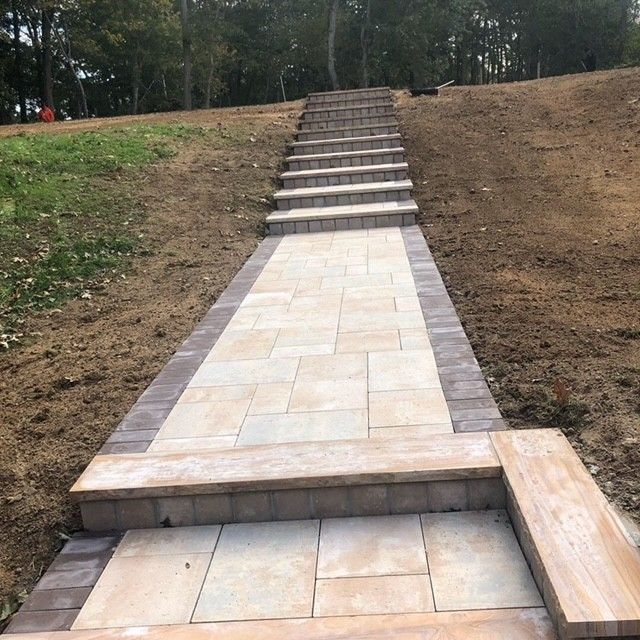
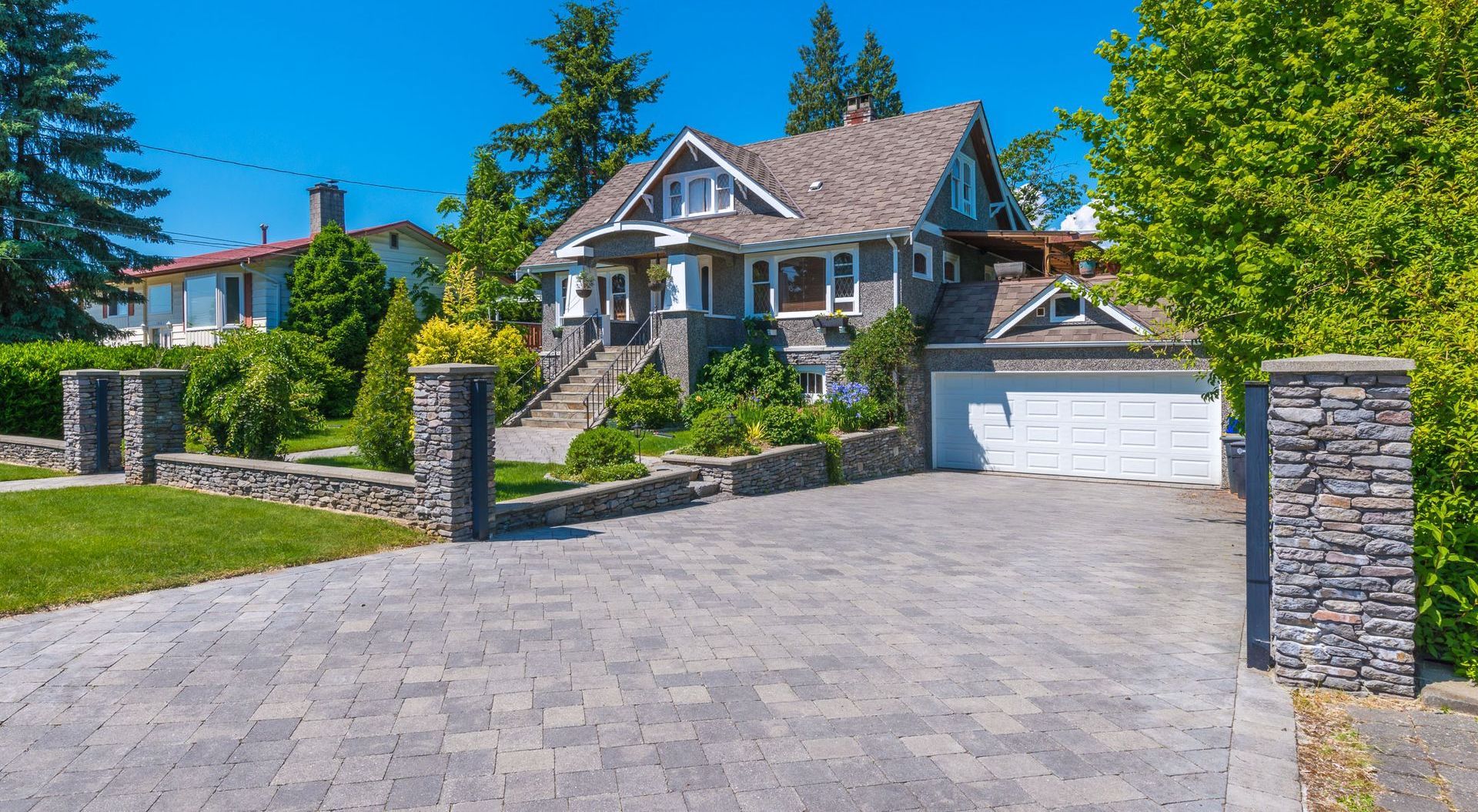


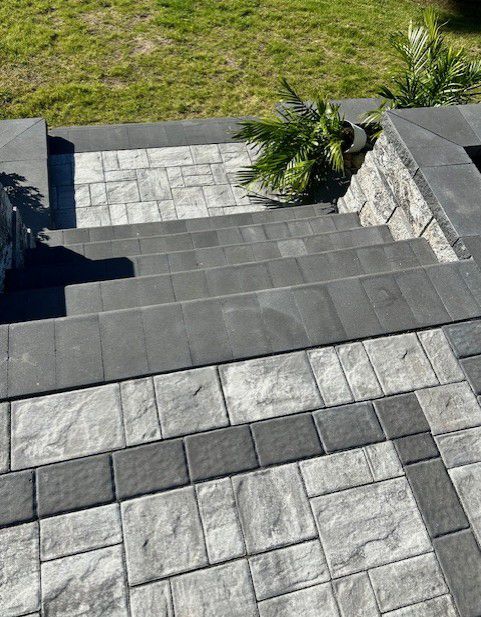
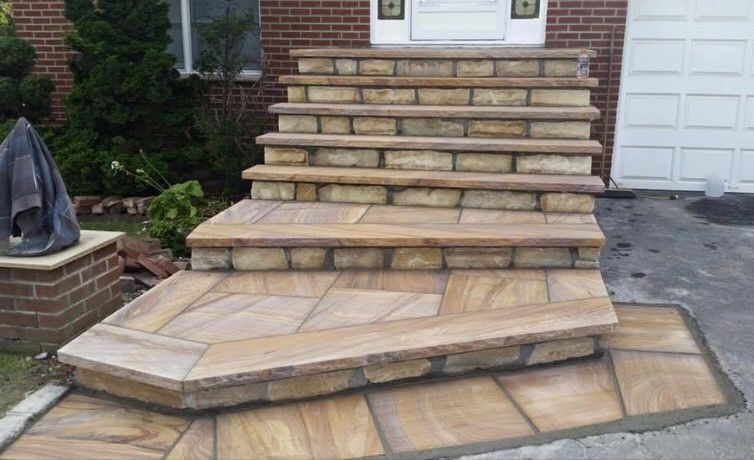
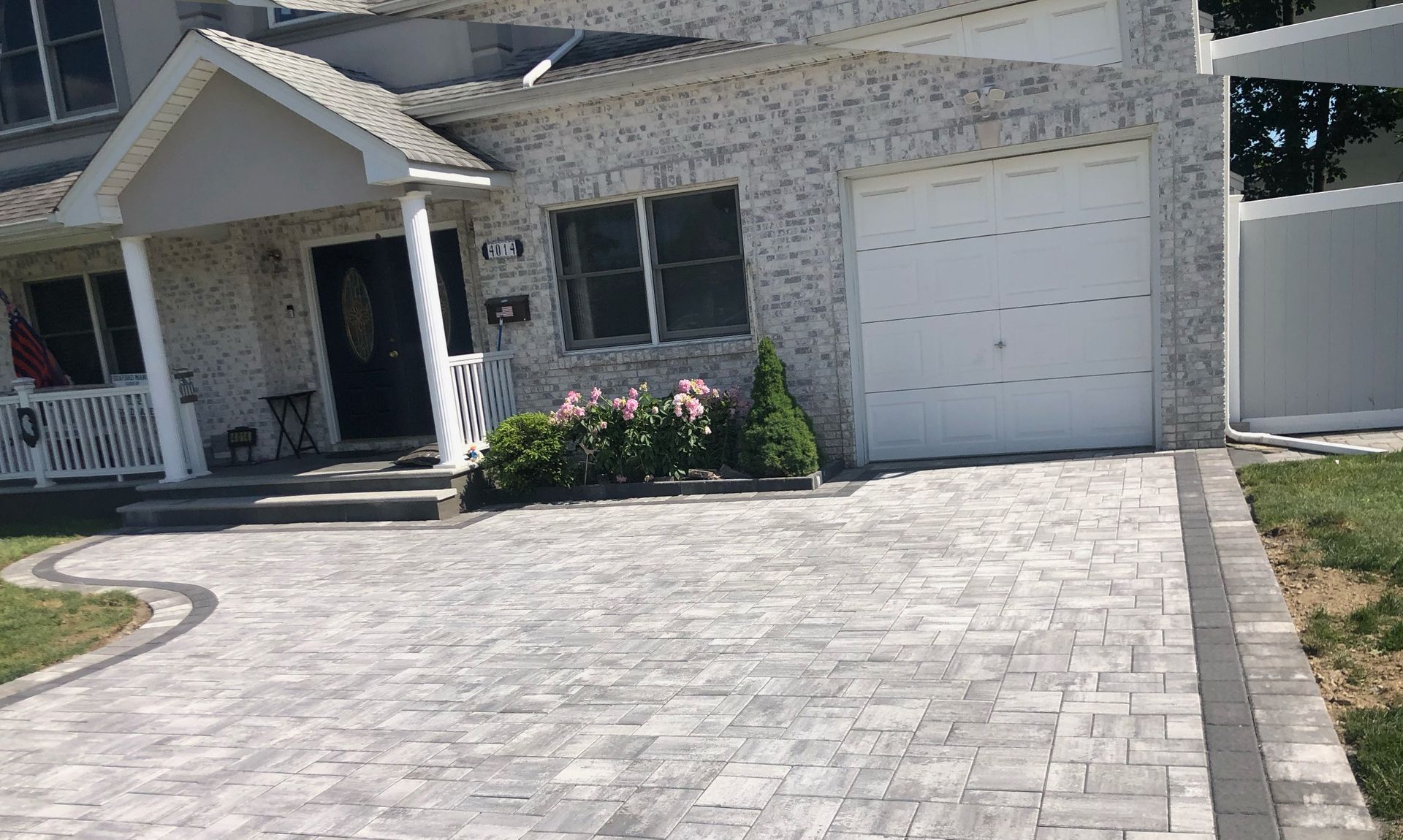
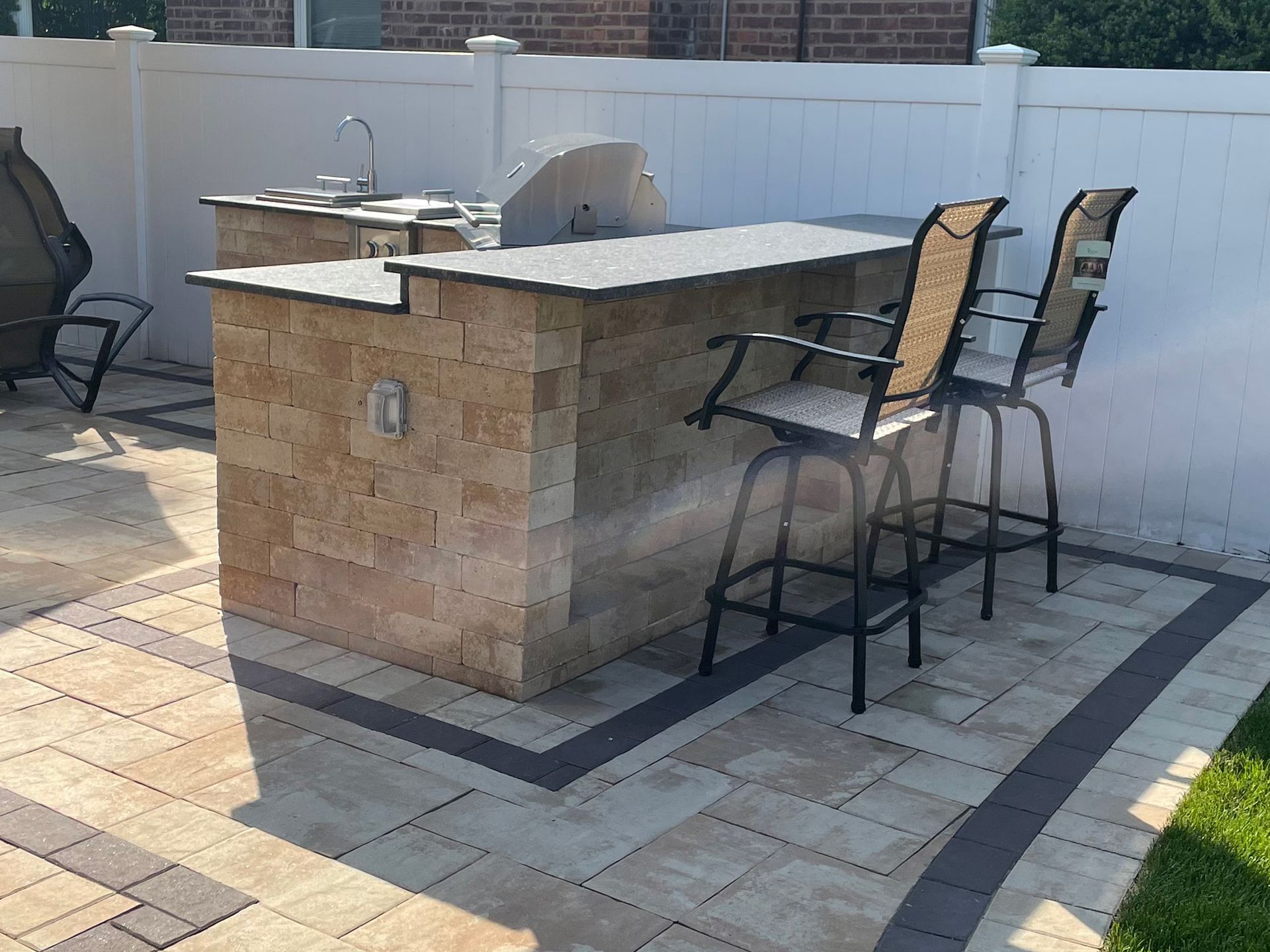
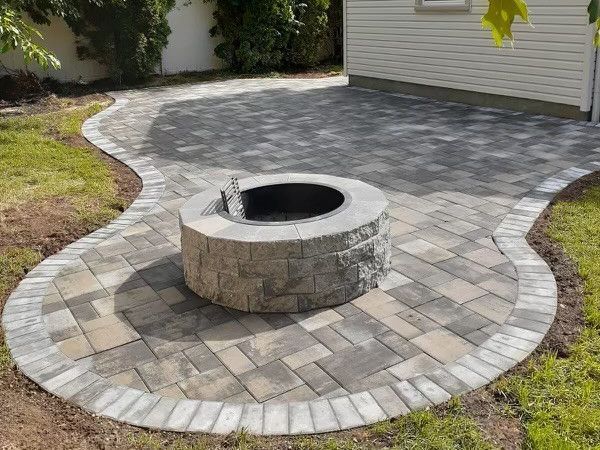
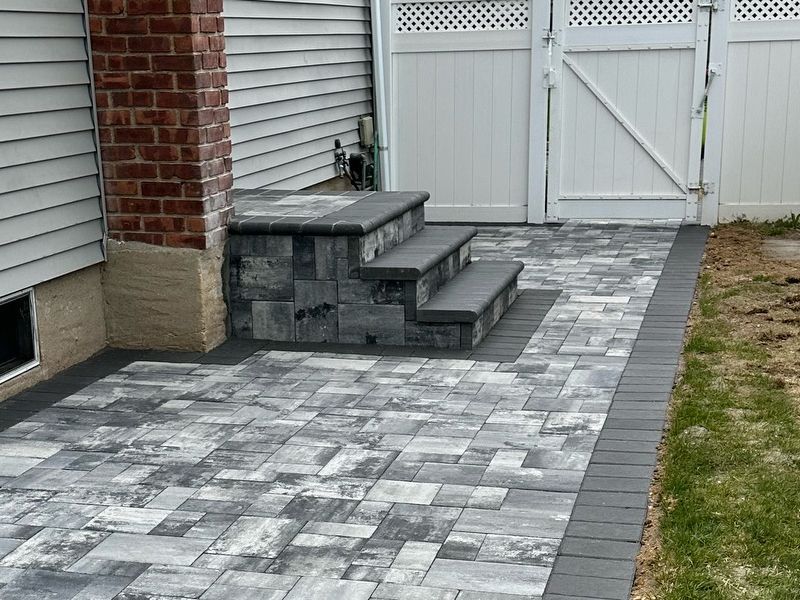

Share On: